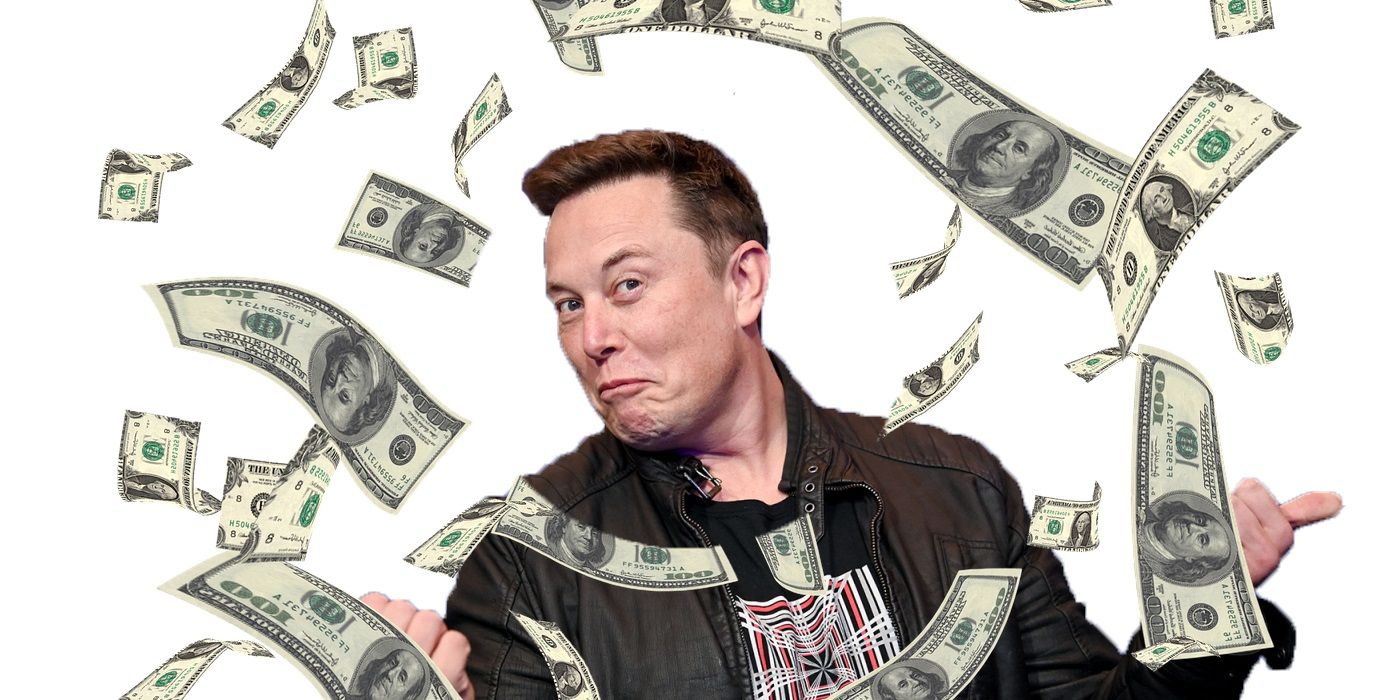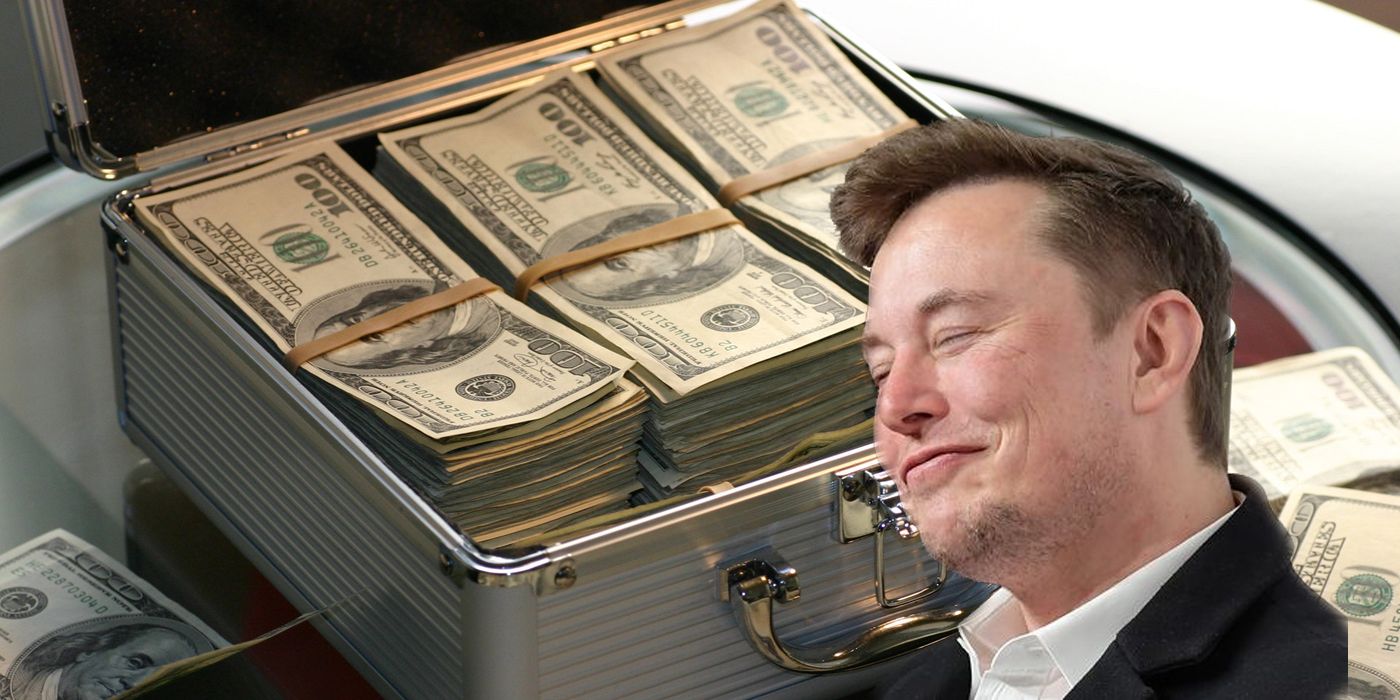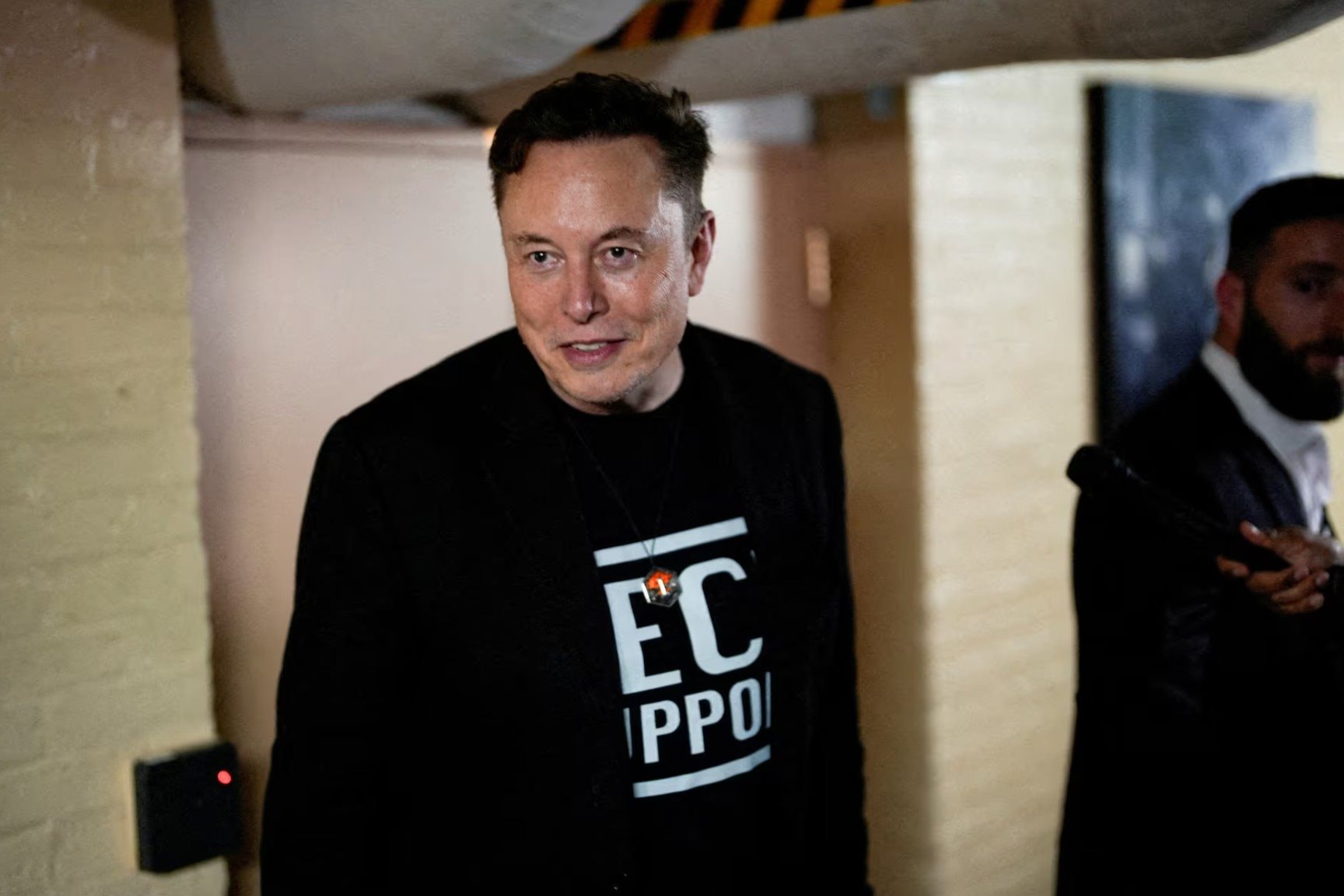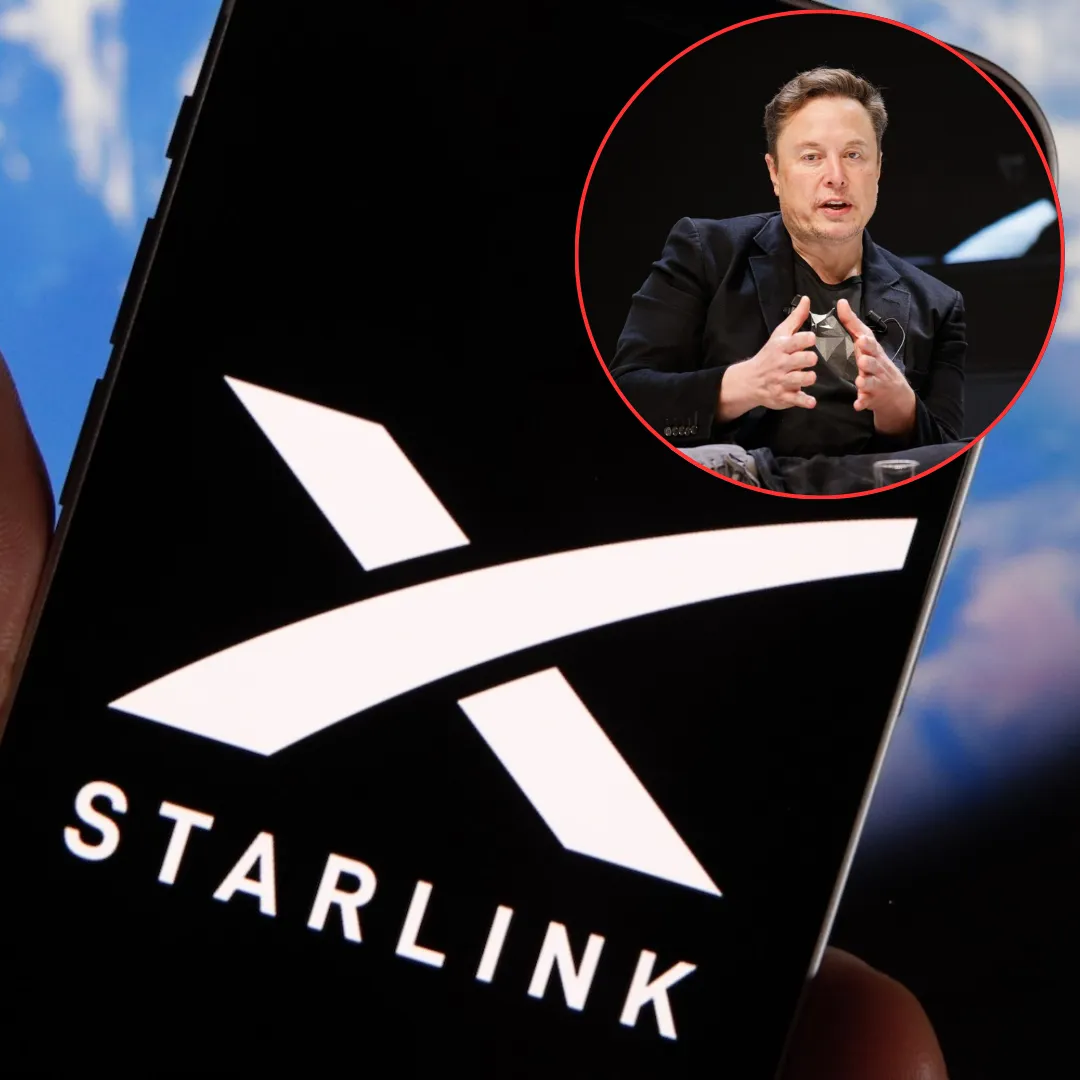![]()
Elon Musk has always been a figure who exists at the edge of logic and lunacy, of brilliance and recklessness, of innovation and chaos. Over the last three months, nearly $135 billion has vanished from his net worth—one of the largest personal losses in recent financial history.
On the surface, it looks like a typical case of a tech billionaire being punished by the stock market. But if history has taught us anything about Musk, it's this: the surface is rarely the full story.
The loss is primarily attributed to Tesla’s dramatic stock plunge—over 37%—as the electric vehicle giant continues to struggle with falling sales, aggressive competition from Chinese automakers, and growing skepticism about Musk’s focus.
While these market factors are real and measurable, they don’t fully explain what’s happening behind the curtain.
This is not just about disappointing quarterly reports or shifting consumer behavior. It’s about a fundamental transformation in how Musk sees the future—and where he wants to place his bets.

In recent years, Musk has slowly repositioned himself from being the “EV guy” to becoming a full-blown architect of a post-industrial, AI-driven society. His companies have multiplied, his ambitions have expanded, and his attention has splintered.
As Tesla investors beg for reassurance, Musk seems more energized by his AI startup, xAI, than by battery tech or gigafactories. He’s invested deeply in Grok, a new generative AI model, and has declared his intention to reshape not just transportation, but intelligence itself.
At the same time, he continues to pour resources into Neuralink, the brain-computer interface project that aims to dissolve the boundary between mind and machine.
To his critics, all of this signals distraction. They argue that Musk is no longer focused on Tesla, that his erratic leadership is hurting shareholders, and that his obsession with artificial intelligence has overtaken his responsibility to the car company that built his fortune.
Some point out that while Tesla struggles, Musk is tweeting about Mars, debating free speech on X, and attending AI summits that seem increasingly divorced from the realities of his automotive empire.

But another reading of the situation paints a very different picture—one that reframes this apparent collapse not as failure, but as sacrifice. What if the $135 billion wasn’t a loss, but a recalibration?
What if Musk, the ultimate futurist, is simply moving his chips from one table to another, even if it means setting fire to the one he built?
This wouldn’t be the first time he’s done something like that. Throughout his career, Musk has repeatedly made moves that seemed reckless in the moment but were, in hindsight, strategic shifts toward something larger.
Selling off Tesla stock to buy Twitter may have looked like a billionaire’s whim, but it gave him full control of a digital infrastructure that he now plans to integrate with AI, payments, and communications.
His creation of The Boring Company once felt like a joke—but it’s now quietly influencing how urban infrastructure might evolve.

Tesla may be the company that made him the world’s richest man, but in Musk’s mind, it could be just the prologue. With the EV market maturing and other players catching up, he appears less interested in defending old territory than in defining new ones.
The center of gravity is shifting—from metal to code, from machines that move people to algorithms that think. The way Musk sees it, the true frontier is not on the road or even in space, but in the neural networks and large language models that will shape every industry in the decades to come.
So while the market panics over stock charts and balance sheets, Musk may be playing a different game entirely. In this version of the story, Tesla’s recent decline is not a reflection of his incompetence but a deliberate shedding of weight before liftoff into a new realm.
He has always talked about building the future. What if this is what it looks like when you stop maintaining the present?
Still, such a strategy carries risks. Unlike past Musk gambits, this one affects millions of investors, employees, and stakeholders. Tesla is not a side project—it is a publicly traded company with enormous global influence.

Walking away, even metaphorically, is not just bold. It could be catastrophic. And while Musk’s track record includes brilliant turnarounds, it also includes serious missteps.
For every SpaceX breakthrough, there has been a Tesla Autopilot controversy. For every Neuralink milestone, there’s a Twitter meltdown. Betting against him is risky. But so is betting too hard in his favor.
Complicating matters is the rise of familiar rivals. As Musk slips in the rankings of the world’s wealthiest people, Jeff Bezos and Bernard Arnault reclaim the top spots. These men represent a very different type of leadership—calculated, disciplined, and stable.
Where Musk disrupts, they refine. Where he experiments, they optimize. Their fortunes are anchored in companies known for predictable growth and operational excellence. Compared to that, Musk’s recent volatility appears not visionary, but reckless.
Yet, this comparison may be missing the point. Musk is not trying to be like them. He’s trying to build a future they may not even be imagining. He is not an operator of legacy systems.

He is a builder of new systems entirely. And building new systems often requires burning down old ones.
The key question then becomes: Is this fire controlled? Or is it spiraling beyond even his reach?
Some signs point to turbulence. Tesla’s decline has shaken investor confidence. AI development is moving fast, and Musk’s companies are still chasing OpenAI and Anthropic in key areas.
The political landscape is changing, and regulators are increasingly wary of billionaires who see themselves as unelected architects of humanity’s destiny. Musk’s personality—brilliant but erratic—only fuels these concerns.
But he still commands enormous cultural and technological capital. He still attracts top talent, inspires fierce loyalty, and generates attention with a single tweet. In a world where influence moves markets, Musk remains perhaps the most influential individual alive.
So what do we make of the $135 billion? Is it a sign of decline, distraction, or something else entirely?

Maybe it’s all three.
Maybe it’s what happens when a person who has always operated five years ahead of the world finally hits the limit of what markets, institutions, and human attention can handle.
Or maybe it’s just a temporary dip in a long game that most of us are still trying to understand.
Because if Elon Musk has taught us anything, it’s this: the path to the future is never straight, never quiet, and never cheap.
And maybe—just maybe—$135 billion was the cost of turning the page.
-1747821167-q80.webp)
-1745547612-q80.webp)

-1746952329-q80.webp)